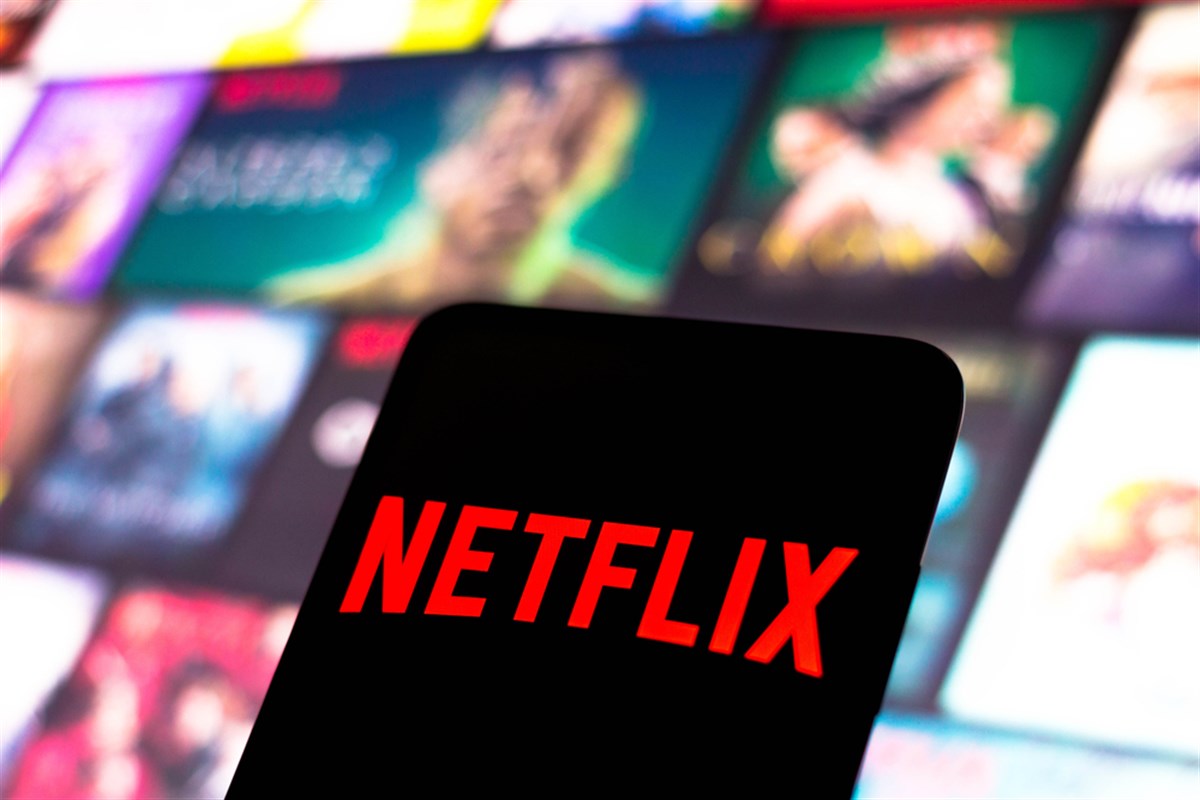
After having one of the best two-year performances in the technology sector, shares of Netflix Inc. (NASDAQ: NFLX) are at an inflection point. Markets may wonder whether the stock will make a new all-time high or give up some of the stellar gains it gave investors after the COVID-19 pandemic.
With the recent quarterly earnings announcement in focus, Netflix stock changed a little during Wednesday’s trading session. While the broader S&P 500 declined by nearly 1% for the day and 5% for the month, Netflix stock held its end of the bargain, refusing to fall from its 52-week high price.
Despite holding firm, the company’s recent financial results should have been enough to give shareholders a reason to celebrate. Yet, the stock didn’t move as expected. This begs the question of whether the stock has the sentiment it once leaned upon or if it may be overpriced today, like Nvidia Co. (NASDAQ: NVDA).
Netflix Is Better Than Ever
The fourth quarter of 2023 showed a strong trend for Netflix, with double-digit growth across the board. Revenues rose by 12.5% over the year despite 2023 carrying worrisome inflation affecting the U.S. consumer budget.
Because Netflix can be considered part of the consumer staples sector, where it once was a pure discretionary play, consumer budgets may always find a place for a monthly Netflix subscription. This entrenchment shows in Netflix's improving margins.
Operating margins went from 7% during the same quarter last year to 16.9% as of the most recent quarter. Net income margins reached nearly 11% after generating $938 million in earnings.
While creative accounting can manipulate net income, free cash flow (operating cash flow minus capital expenditures) is set in stone. Netflix generated nearly $1.6 billion in free cash flow during the quarter; a year ago, this figure only reached $332 million.
What did management do with all of this extra money? They decided to buy back up to $2.5 billion worth of stock. Stock buybacks typically mean management believes the stock is cheaper than its intrinsic value.
In addition, the current buyback program has $8.4 billion left, which is around 3% of the company’s market capitalization.
Worries about a weakening U.S. consumer rose after Bank of America Co. (NYSE: BAC) and Citigroup Inc. (NYSE: C) released their earnings, showing rising credit card delinquencies and lower FICO scores. However, despite tightening conditions, paid Netflix memberships rose by 12.8% during the quarter.
[content-module:CompanyOverview|NASDAQ: NFLX]
And There Could Be A Higher Ceiling
Despite having plenty of competition in the streaming space, with players like The Walt Disney Co. (NYSE: DIS) and Roku Inc. (NASDAQ: ROKU), management made it very clear inside their press release that these names do not pose a threat to Netflix’s market positioning.
As a share of views, including streaming and TV, Netflix is still at the top. With an 8% share in the U.S., Netflix beats Disney’s (including Hulu) 5% and is only beaten by YouTube’s 9%. However, YouTube offers none of the streaming content that Netflix can give users, as it is more of a hub.
The same trend appears in other markets, with the U.K. being one of the biggest hubs. Taking a 9% share, Netflix also beats Disney’s 4% in the region.
For this reason, Netflix has outperformed Disney stock by as much as 70% over the past year. The same can be said about Roku, as Netflix left that stock behind by 93.2%. Having chosen its favorite, the market shows Main Street other ways that Netflix is the winner.
Netflix analysts expect earnings per share (EPS) to grow by 23% this year. Morgan Stanley boosted its price target to $700, calling for a 15% upside from its current price.
This compares to Disney’s projections, which only show 19% EPS growth. At the same time, analysts placed only a 9% upside in Disney stock through their $124.5 price target, a third of Netflix’s upside.
Roku has no earnings to speak of, so comparing it to these behemoths would not be fair. For Netflix, markets like these projections are why they are willing to pay a forward P/E premium of 43% over Disney’s earnings.
Paying a 29.4x forward P/E for Netflix’s future earnings, over Disney’s 20.6x valuation, tells investors how markets prefer to be exposed to Netflix as the streaming play over other competitors.





